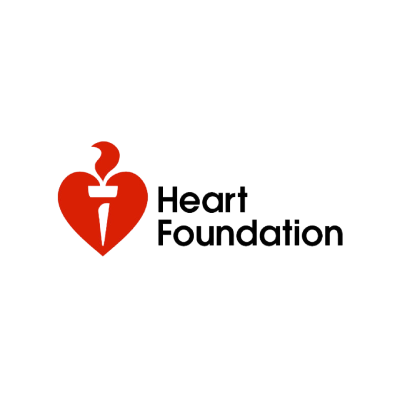How to have a healthy relationship with food
Food is the fuel that keeps the body going, and that food can help determine how well the body operates.
Food might be the single greatest contributor to being healthy, assuming you don’t have any negative habits such as smoking or excessive alcohol consumption. Food is the fuel that keeps the body going, and that food can help determine how well the body operates. Maintaining a healthy body means having a good sense of what to consume, and how much of it. There is no right answer to what type of diet you should have, but there are definitely wrong answers. Having a healthy relationship with food is the first step to figuring out how you should be fueling your body.
It is easy to develop bad eating habits and end up having a hard time eating healthy foods. This can cause you to have a complicated or even negative relationship with food. This could be a chronic issue that started back in childhood or something that started happening more recently after a sudden life event. Growing up, it’s possible that you were never taught good eating habits and were always around junk food. Too many kids today grow up like this, eating a diet of mostly takeaway food and frozen meals. It is unfortunate that some kids are never taught such a basic topic that can have such a detrimental effect on their health.
During adulthood, it can be easy to lose focus of your diet due to a sudden change in life. Marriage, childbirth, a new job that is more stressful and time-consuming. These are all things that will take adjustment, and your health might suffer because of it. Already having a healthy relationship and understanding of food will help you through difficult times. It is never too late to try and improve your diet.
Mental health and social stressors can also cause unhealthy eating habits. Many people have struggled with eating disorders on both sides of the spectrum. Binge eating and starving themselves as a coping mechanism or to try and look a certain way. Neither is productive to actually solve whatever issue they are dealing with. If you or someone you know is dealing with an eating disorder, a mental health professional can help identify solutions to the disorder and start to have a better relationship with food.
Clarifying the term “diet”
Your diet is simply what you eat, not necessarily a set plan or guideline. The term is tossed around too freely without specification because it is a broad term. When people say that they are “dieting,” they are usually referring to guidelines or a set plan of food they are consuming. Usually, it is assumed they are on a diet to lose weight, and this might very well be the case. However, there are plenty of diets to encourage weight gain as well. Whatever diet you want to follow can be aided by what you want your body to specialize in.
Someone who lifts heavy weights and wants to gain muscle will eat lots of protein, while a distance runner will usually eat slightly more carbs. A general, healthy diet will strike a balance that is healthy for your specific needs.
If you have a specific plan or goal to accomplish, it can be beneficial to enlist the help of a professional. Discussing your health and fitness goals with a nutritionist or dietician can help them come up with a diet that is more specific to your needs. Regardless of whether or not you consult a professional, there are general guidelines you can follow to fuel your body with good food.
Putting your own label on food
It is all too easy to label different foods as “good” and “evil.” While it is good to recognize foods that will benefit you nutritionally, having such a black and white view of food isn’t the best way to approach it. Food groups should be consumed in moderation, some more than others. For example, a diet of only salad and vegetables will only get you so far. Eating only one food group or some other type of restriction can leave you with nutrition deficiencies. Sometimes these can be made up for with vitamins and supplements, but it is easier and more enjoyable to just have a balanced diet.
Saying that you are simply going to eliminate all sugar from your diet is only going to get you so far. While too much sugar can cause weight gain, getting rid of foods that you enjoy is going to be difficult and can cause cravings. A better course of action might be to eliminate most sugary foods and allowing yourself the occasional sweet. This gives you the satisfaction and enjoyment of eating sugar, but without consuming too much. Allowing yourself to eat “bad” foods occasionally prevents binging episodes that try to satisfy a craving.
Seeing food for what it is
You should see food for what it is. It is fuel for your body. Food is good for you. The key to having a good relationship with food is identifying which foods you should be consuming to keep your body healthy. Deliberately try to find good foods that you enjoy eating. Cake and ice cream taste good, but a healthy meal can taste great too, and your body craves the nutritional value. You might find that having a well-balanced diet can eliminate cravings and curb your appetite because your body is actually getting what it needs to function. Keeping a journal of what you eat and how you feel can also be helpful to identify what might trigger you to eat.
In the end, there are many unique reasons why someone might not have a healthy relationship with food. To live a healthy lifestyle, the ability to eat a diet of good food is important because it affects so many different areas of life. A poor diet can cause unhealthy weight gain or loss, stress, fatigue, and other more serious health issues. Consulting a dietician, and possibly a mental health professional, can help figure out what a healthy diet looks like for you. Everyone deserves to eat food without feeling guilty or worry.
Get in touch with a Get Going dietician to start a conversation on improving your relationship with food.













